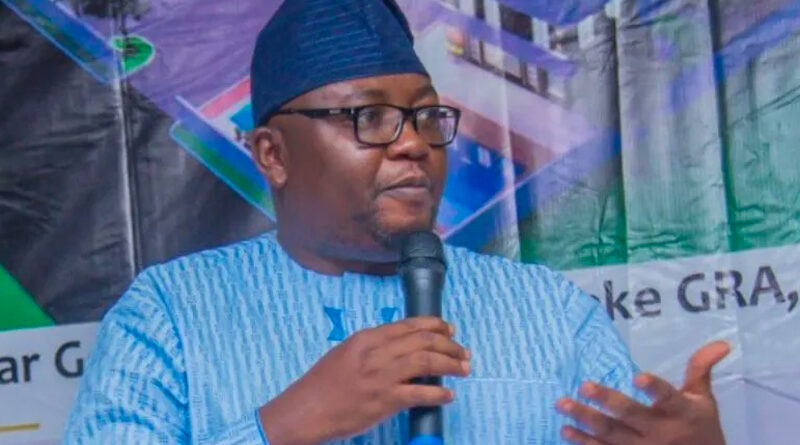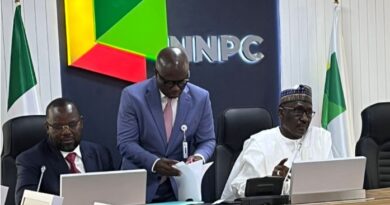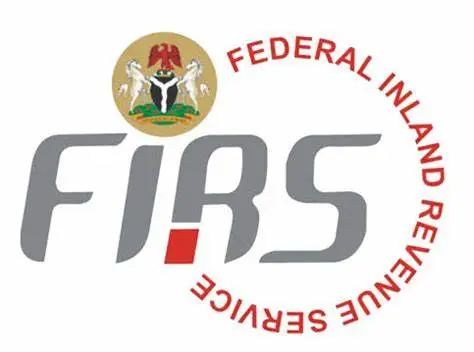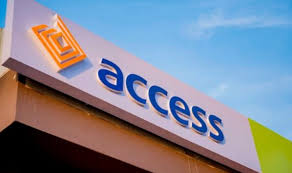FG Plans Electricity Tariff Adjustment to Fix Billing Issues and Boost Investment
The Federal Government is set to adjust electricity tariffs to correct billing disparities and attract more investment into the power sector. This comes as the government revealed that electricity generation companies are owed over N4 trillion.
During the public presentation of the National Integrated Electricity Policy in Abuja, Minister of Power Adebayo Adelabu spoke about the financial burden on the sector. He noted that Band B customers, who get around 17–18 hours of power daily, pay N63 per kilowatt-hour, while Band A customers, who receive just two extra hours, pay N209 per kilowatt-hour. Calling this unfair, he assured Nigerians that the tariff review would focus on efficiency rather than just increasing prices.
Adelabu also disclosed that the government owes N2 trillion in legacy debt to power generation companies and has spent N1.9 trillion on electricity subsidies in 2024. Additionally, Distribution Companies are owed N450 billion in subsidies. He stressed that the current subsidy model is unsustainable and needs to be revised so that only those who truly need support benefit.
Despite these financial struggles, the minister highlighted improvements in the power sector. Electricity generation has increased from 4,200MW to 5,300MW, transmission capacity has expanded under the Presidential Power Initiative, and a $1 billion investment boost has been secured. Going forward, the government plans to improve market liquidity, support state-led electricity projects, and strengthen the Transmission Company of Nigeria.








